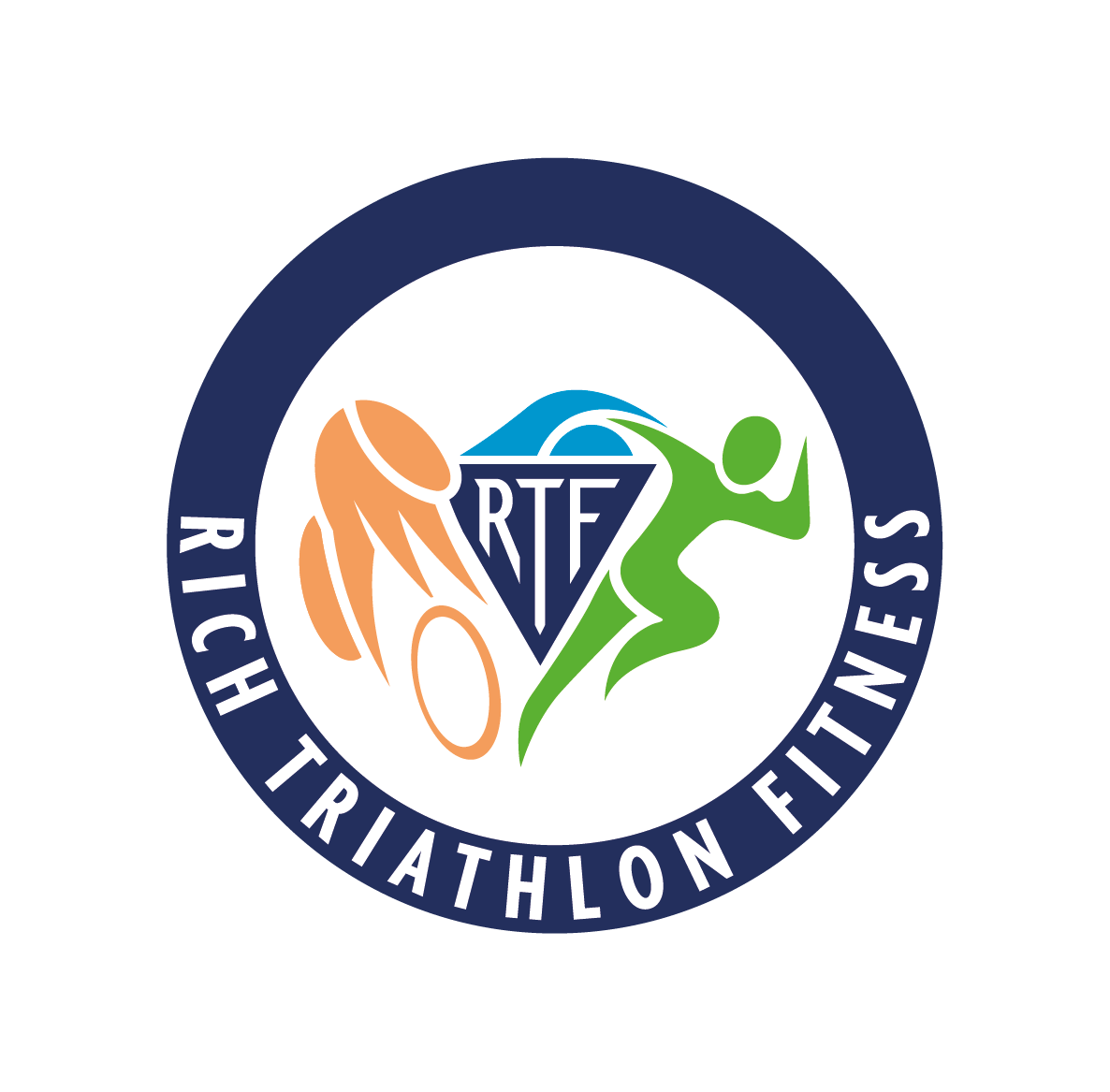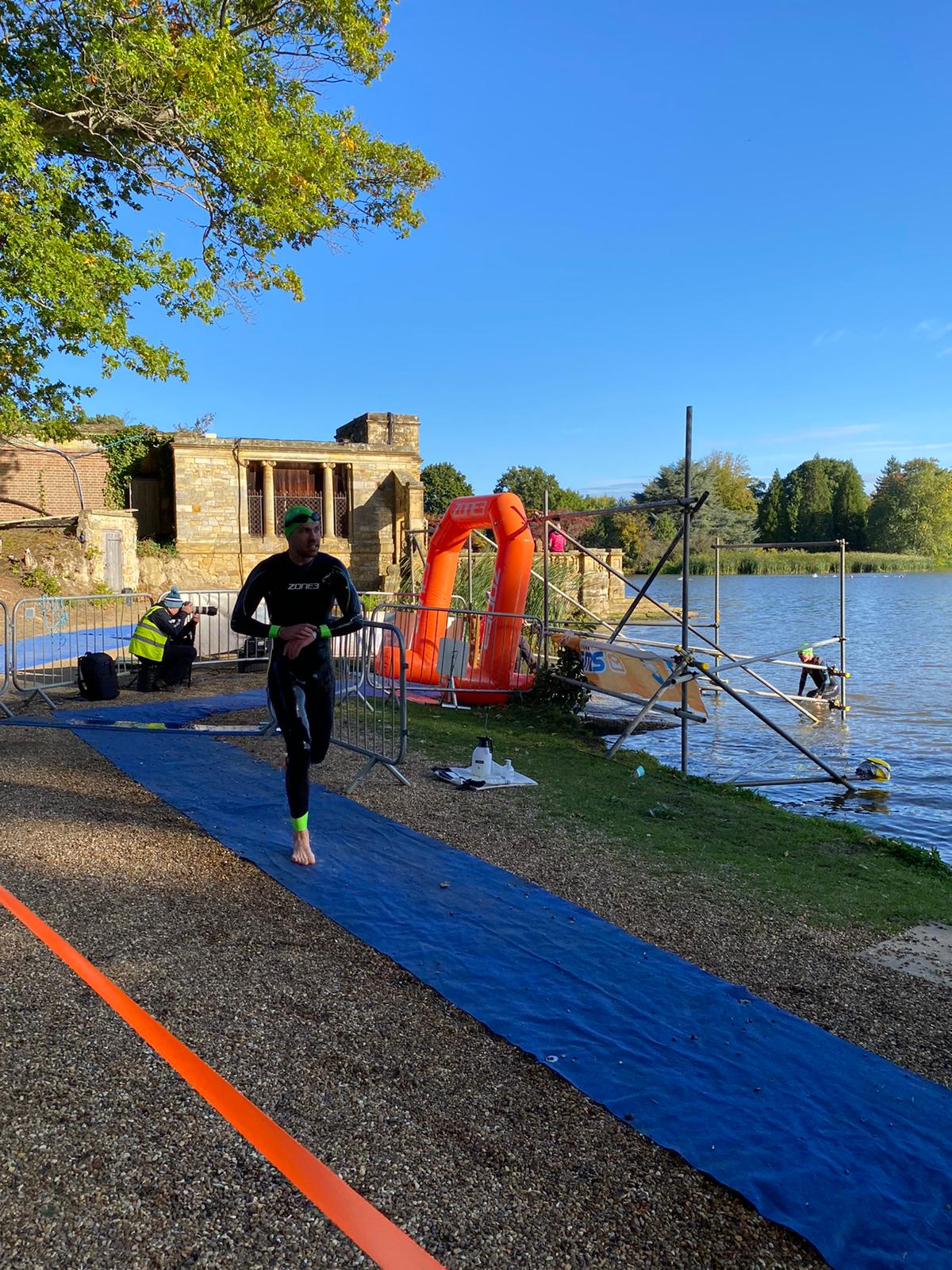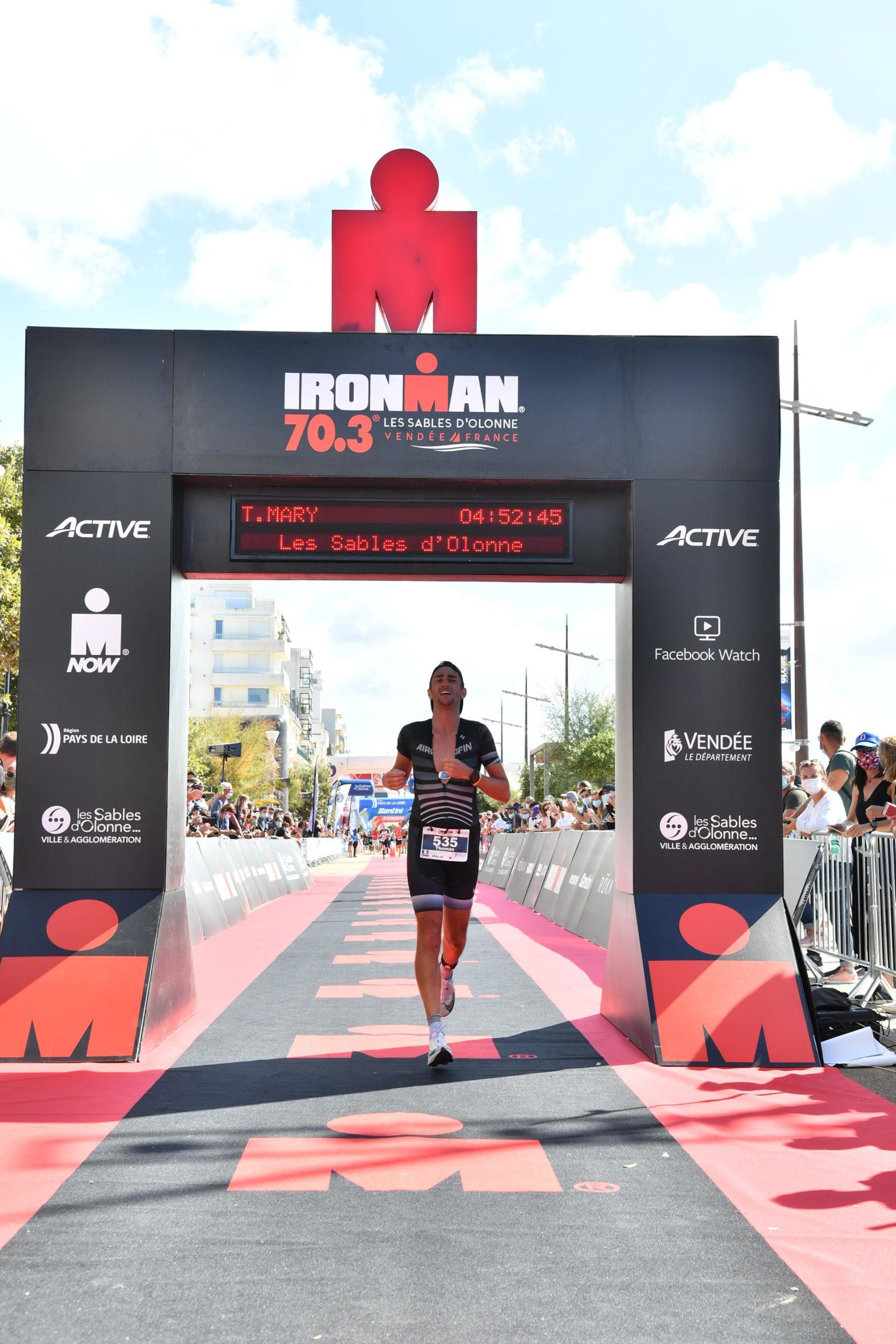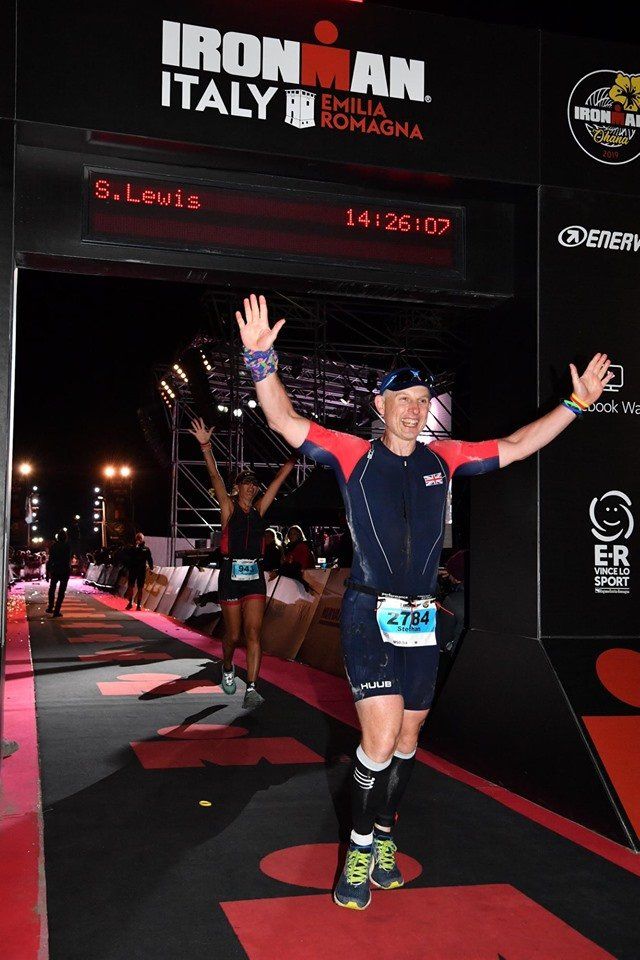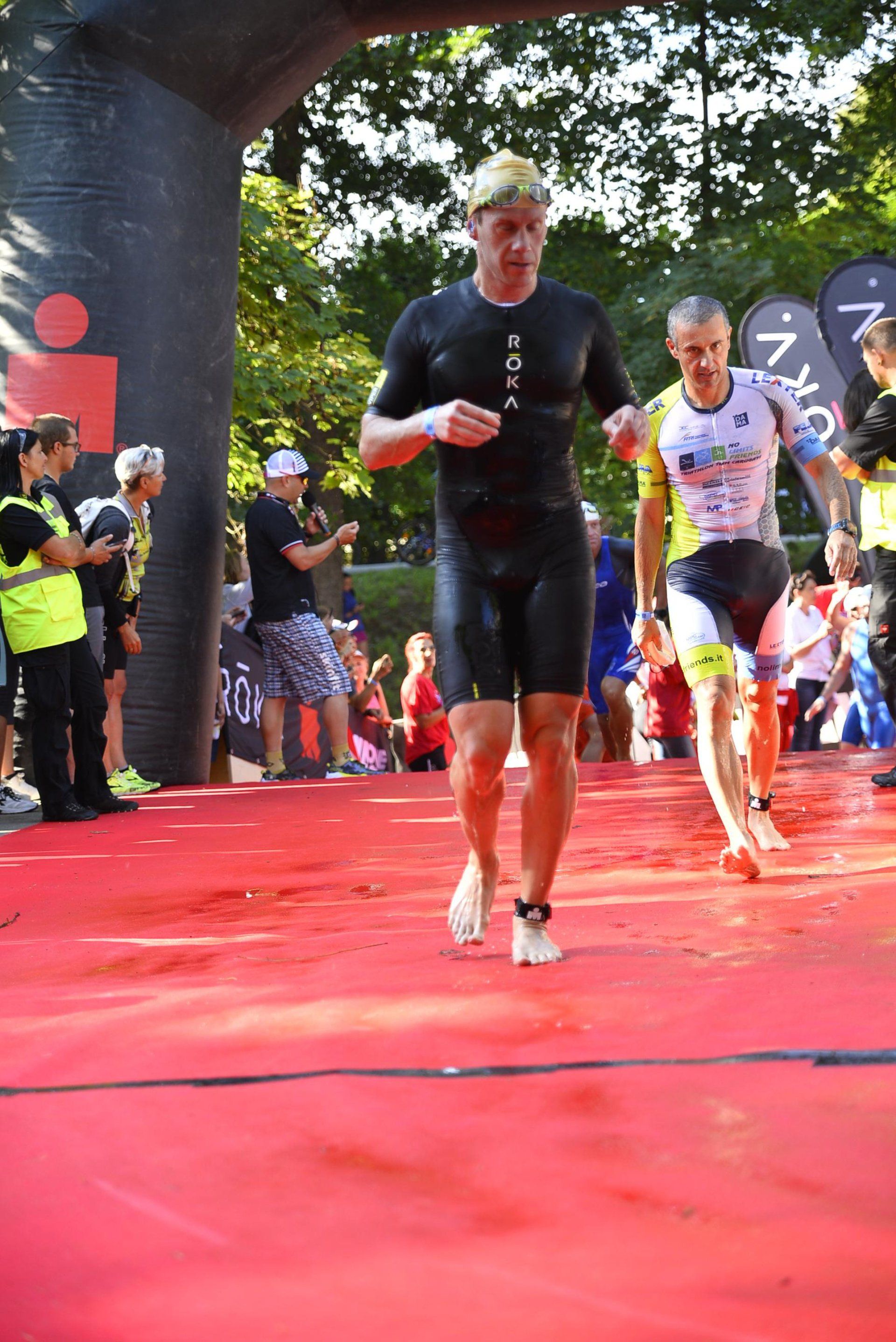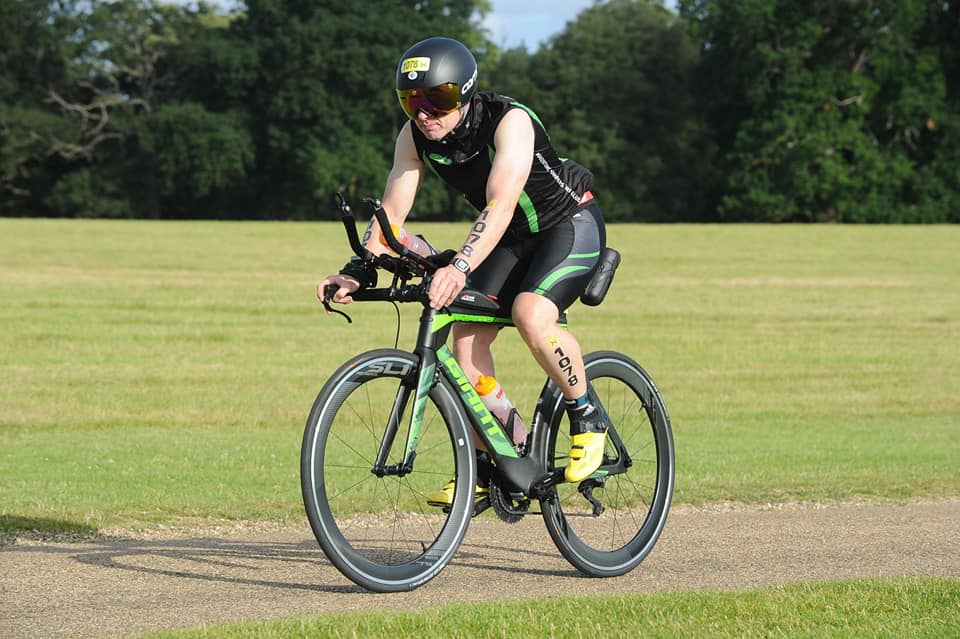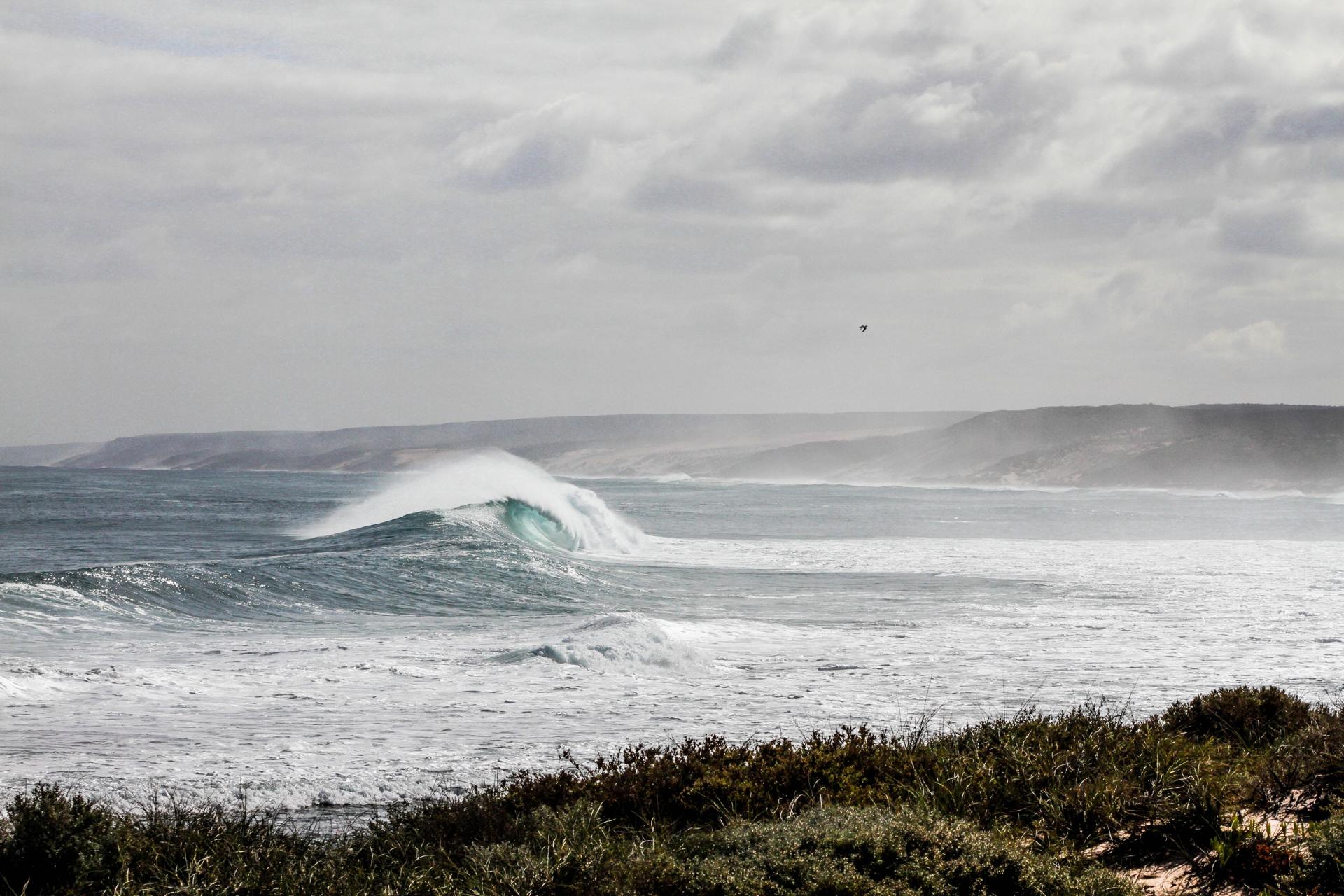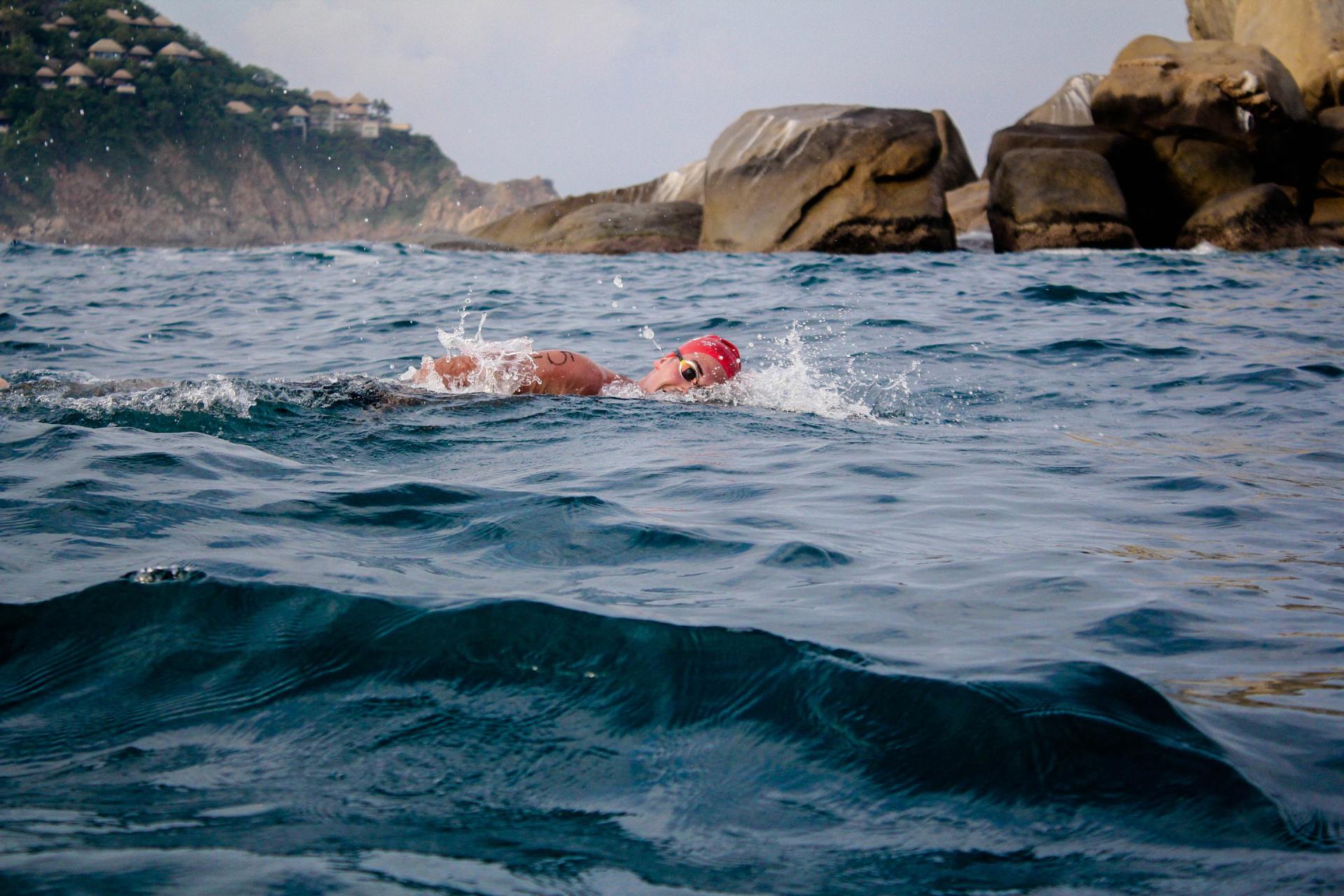The benefits of working with a Coach
Rich Ellison • 28 March 2019
how the right coaching relationship can be the smart choice.
Training for a Triathlon can be daunting, particularly a novice athlete unsure of how they should approach their training to ensure they successfully complete their race. Add a long-distance Triathlon into the mix and the uncertainty increases. In a similar vein the ‘self coached athlete’ who has completed a few longer distance events now wants to get faster faces a similar uncertainty, they successfully completed their chosen events, but they now need to try and adapt their approach to make some gains. There are a number of ‘off the shelf’ training plans, but are they for everyone? People are unique and often a one size fits all approach will not work for everyone, so how can a coach add value to your training?
- A coach will be invested in your goals, they want you to succeed as much you want to, they can help you set challenging, but achievable goals.
- The coach will provide guidance, direction and structure to your training to ensure your sessions are purposeful and
- The plan is tailored to you the athlete; athlete profiling is carried out so the coach understands you, your athletic history, motivation for participation and time available to train. The training is tailored to fit your lifestyle, taking into account your commitments in way that ‘off the shelf’ training plans cannot.
- A coach removes the guess work from the process. The athlete is keen to push on with their training to get faster, the coach is there to take an objective view of when to push the athlete on and when to hold the athlete back to avoid over training, fatigue and injury. A coach will balance your programme to ensure you are devoting the appropriate amount of time to each discipline. In moments of doubt or uncertainty will act as an objective sounding board helping you to make the right decisions
- Working with a coach helps to create accountability, which in turn creates motivation; you are less likely to skip workouts when there is someone reviewing your sessions and a coach will ensure you are completing the sessions that you need to improve rather than the sessions that you enjoy.
- Sometimes life does not go to plan, sudden work trips, family commitments and illness can derail training. A coach will help you to resume training at the appropriate time and adapt your training to ensure that you continue progressing to your goals and objectives in a way that ‘off the shelf training plans’ cannot.
- A coach can help develop technical skills in each of the disciplines to ensure that the athlete is not only fit, but is also race ready.
- We lead busy lives, planning our training can take a significant amount of time and analysis, which in turn creates stress. A coach will be focused on your programme removing this stress.
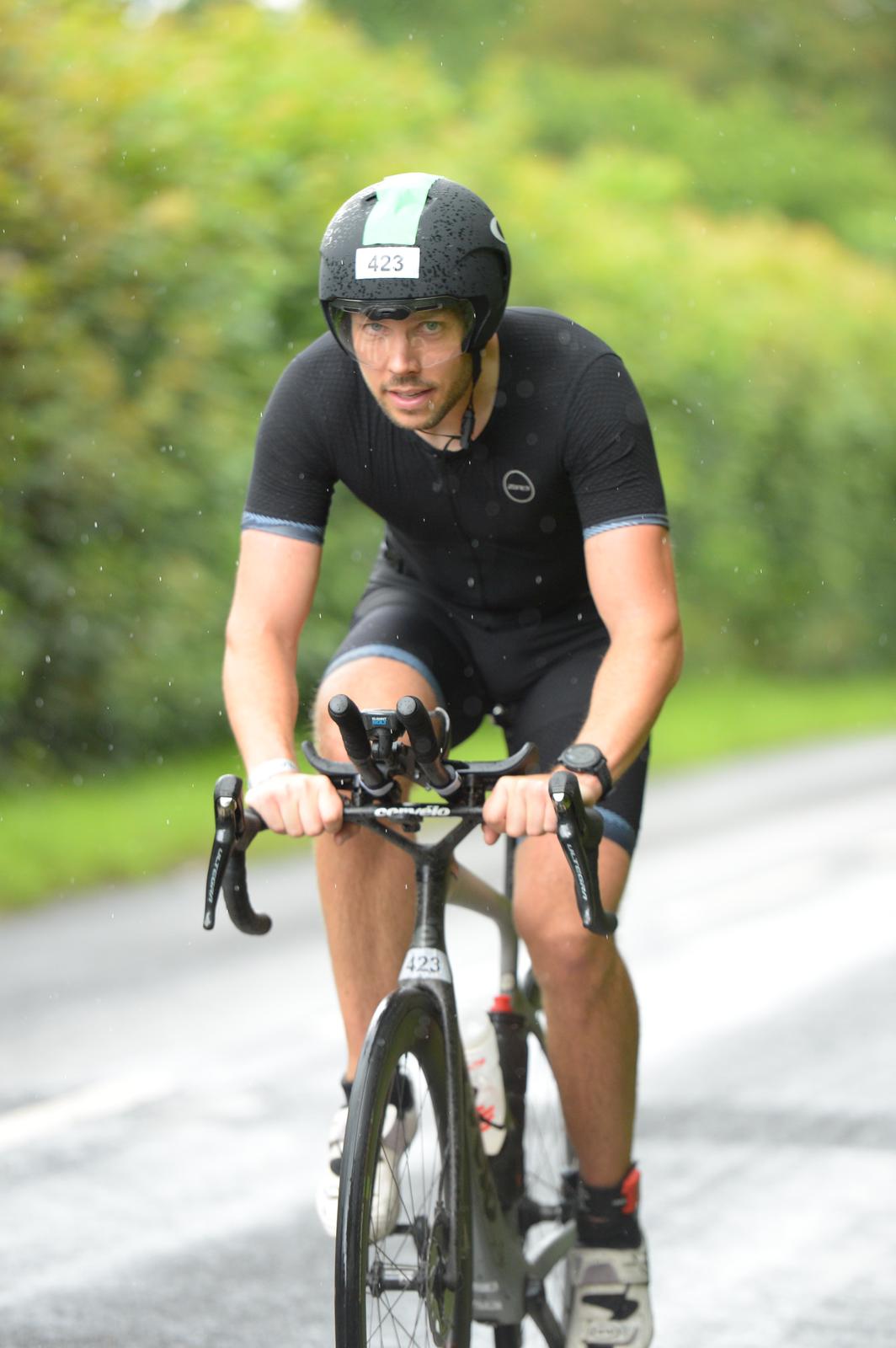
I decided to enter the Gauntlet as a B race ahead of another 70.3 later in the summer. Given how close is it is to me and the timing it seemed like a good opportunity to get some race practice at the distance and to test the training at a tough course. Prep went well, I had taken part in the sprint here over the last two years so I had experience in the lake and I knew the bike route. The morning of the race went smoothly. I had checked the weather forecast pretty extensively and knew we were in for a soaking at some point. I took plastic bags to cover shoes/socks for T1 & T2 that many others had forgotten. I also knew that the run course would be largely off road and trail shoes were likely a must. Swim The rain came hard before we set off and we walked one by one off the end of the logia jumping into the water to get going. Immediately one of my lenses filled with a little water and I spent the first few minutes working out whether I could cope with the small splashing in my eye every time I turned my head to breathe. I decided to stop and tip the goggles but ended up putting up with this annoyance for most of the swim. The course is a fantastic single loop with the second half through the river back to the exit. At points the river is very shallow and your stroke is easily knocked out of rhythm when hitting the bottom. All things considered I felt good and exited the water in a little over 34mins - a good few minutes ahead of plan and a great start. T1 T1 was uneventful. It's a relatively long run on the exit from the water and I grabbed some nutrition before mounting the bike through the sloppy mud. Bike Immediately I got off to a bad start. The bike exit leaving Hever grounds involves navigating 3 or 4 speed humps. Over #1 I felt the rear bottle shoot out and #2 the front bottle flew off. I made a split second decision not to stop and spent the next 10minutes deciding a backup strategy as 2/3 of my nutrition was now rolling back to transition. The bike course at Hever is just relentless climbing through two loops. I settled into my power target and hitting the descents as fast as possible given the rain and wet roads. Relying on a couple of gels before getting some water at feed station 1. It wasn't until feed station two half way around that I could get some carb drink to replace what I'd lost. I started the second loop to more torrential rain but great support from family. The legs started to tire a little 50miles in and I was conscious of the run still to come. I couldn't wait until T2 for the toilet so stopped at the side of the road a few miles before re-entering the grounds. Bike course completed in 3hr20 which was a little behind schedule and power but a solid enough effort given conditions. T2 Coming into T2 my left cleat had jammed in the pedal and I had to rip my right out at the last moment to save an embarrassing dismount. I then made the mistake of shoving half a pack of jelly babies down whilst transitioning out to the run. Run For the first mile the legs felt reasonably ok but I started to feel my quads cramp up from the bike elevation and I developed a bad stitch from the recently devoured sweets. Soon the wheels came off, pacing strategy was out of the window and I spent the next 2hrs+ navigating what was essentially a tough mudder course on some tiring legs. The steep hills reduced many to a walk and the slip and slide downs resembled a ski slope. I used every feed station to try and get some energy back and I crossed the line with very heavy legs, but very pleased to have finished my first middle distance event. Overall I completed in around 6hr25 having been humbled on the run. There were some great learnings that I can take forwards and build on. For anyone thinking of entering the Hever Gauntlet it is a very well run event with beautiful scenery and location. It is however one of the toughest 70.3 courses you're ever likely to experience so keep that in mind when setting any expectations - especially if you're new to the distance!
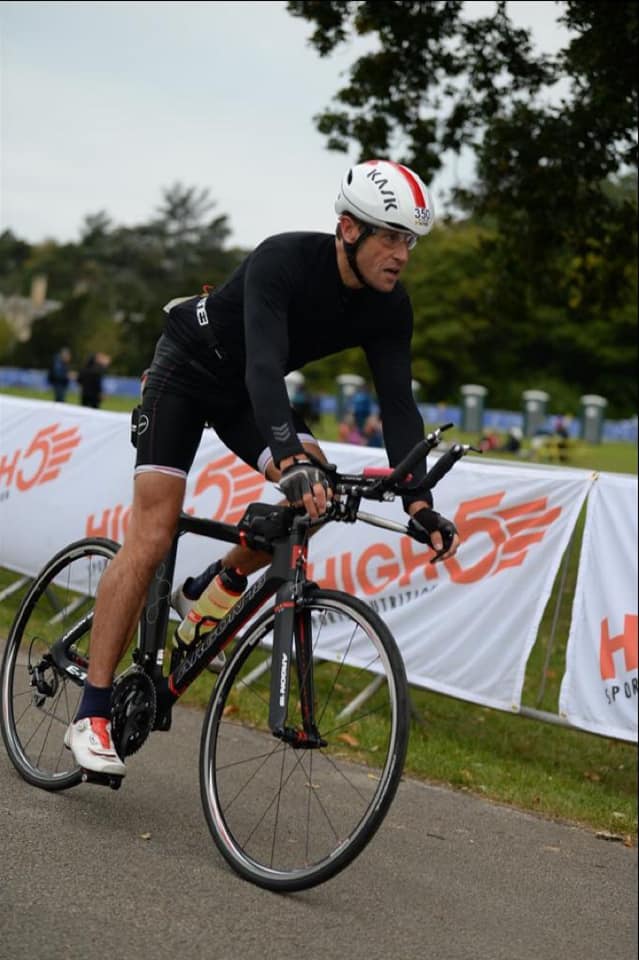
Stefan was due to take on the Outlaw Half until the race was postponed causing a refocus of attention towards the Outlaw X scheduled for later in the year. In what was one of the only races to take place in the UK Stefan faced not only the bad weather that often accompanies later season races, but also the restrictions imposed by the Pandemic, all in his first ever Triathlon. Read below to find out how his race unfolded
